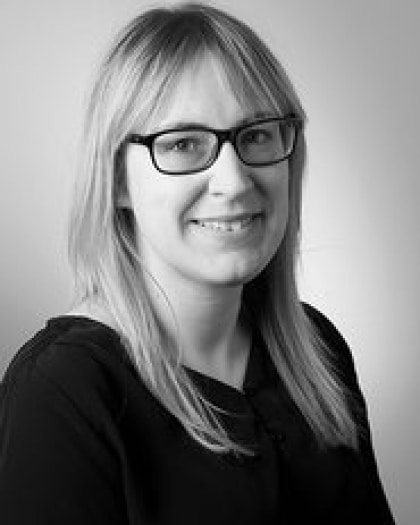Marry-Anne Karlsen
Associate Professor, University of BergenMarry-Anne Karlsen holds a PhD in social anthropology from the University of Bergen in 2015 and a major in human geography from the same place.
Read more

A joint initiative between the University of Bergen
and CMI – Chr. Michelsen Institute
How do Norway’s welfare policies and immigration controls create confusion in the state’s response to irregular migration?
 Photo: Getty/Unsplash
Photo: Getty/Unsplash In this presentation, Marry-Anne Karlsen will explore ambiguities in the Norwegian state’s response to irregular migration arising from the interaction and tension between welfare policy and entry control. Specifically, she will investigate the role of discretionary decision-making in (re)producing or challenging state borders in the medical encounter.
The ethnographic focus brings forth the multiple and dispersed, as well as negotiated quality, of the border in everyday practices and situations.
Moderator: Audun Løvlie
The lecture is free and open to all.
The seminar is part of the RDV series, a collaboration between the Centre for Research on Discretion and Paternalism and the Centre on Law and Social Transformation at the University of Bergen. The RDV-webinar series is an interdisciplinary webinar where national and international researchers are invited to talk about their pioneering research on topics regarding law, democracy, and welfare. It is also part of the PhD course on Gendered Autocratization at the Department of Government, UiB.
Facebook eventMarry-Anne Karlsen holds a PhD in social anthropology from the University of Bergen in 2015 and a major in human geography from the same place.
Read more
Marry-Anne Karlsen holds a PhD in social anthropology from the University of Bergen in 2015 and a major in human geography from the same place.
Karlsen’s professional interests lie at the intersection of migration control and welfare policy. In her PhD thesis ‘Precarious inclusion: Irregular migration, practices of care and state bordering in Norway’, Karlsen explored, among other things, how the health system became increasingly involved in migration control.